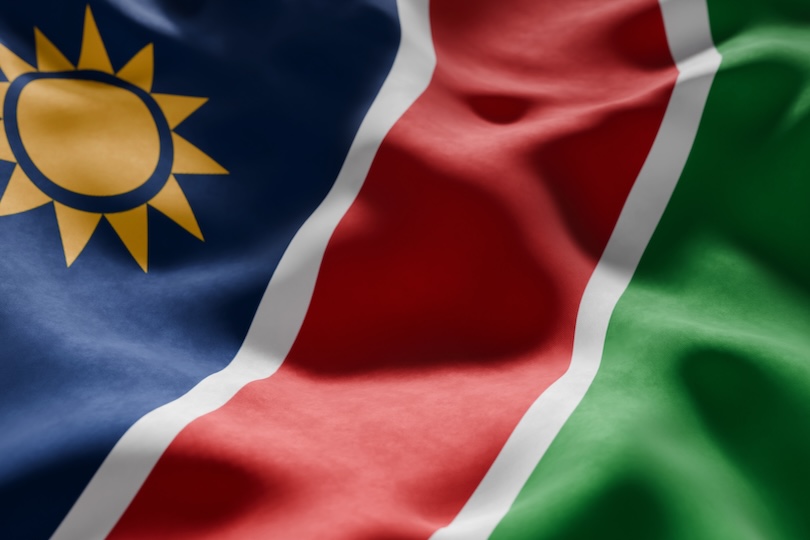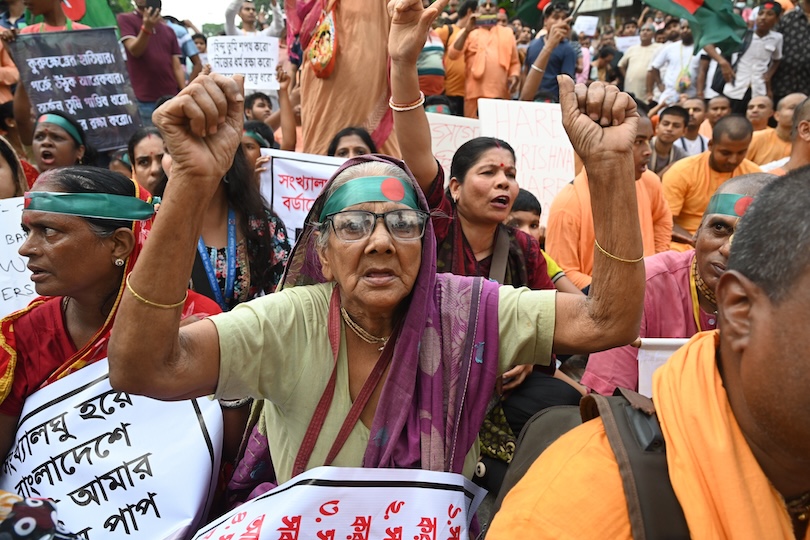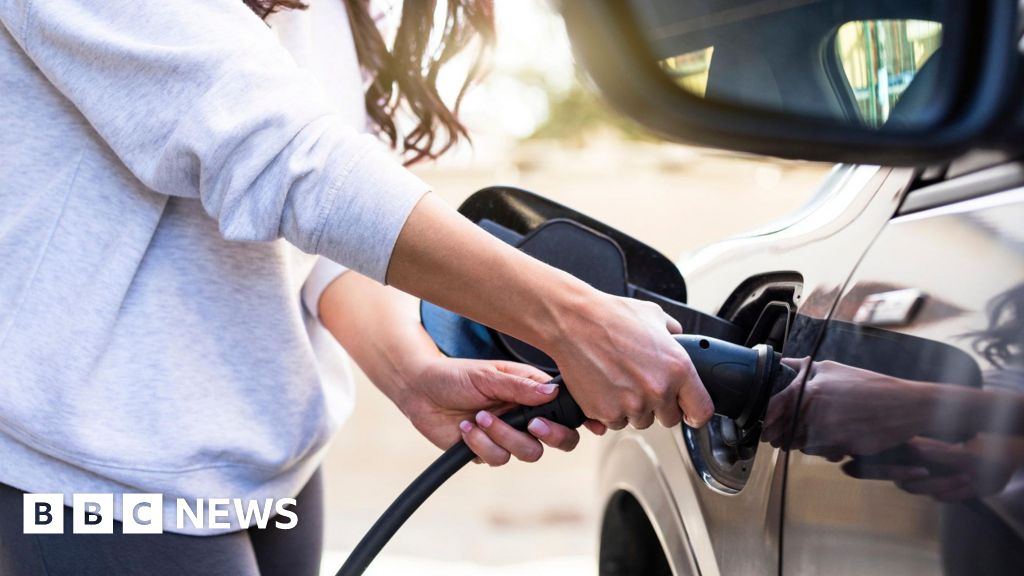TikTok's bid to overturn a law which would see it banned or sold in the US from early 2025 has been rejected.
The social media company had hoped a federal appeals court would uphold its argument that the law was unconstitutional.
TikTok's lawyers told the court in September that a ban would have a "staggering" impact on the free speech of its 170 million US users.
But the court ruled the law "was the culmination of extensive, bipartisan action by the Congress and by successive presidents."
The law was "carefully crafted to deal only with control by a foreign adversary, and it was part of a broader effort to counter a well-substantiated national security threat posed by the PRC (People's Republic of China)," the ruling continues.
The US wants TikTok sold or banned because of what it says are its owners links to the Chinese state - links TikTok and parent company Bytedance have always denied.
TikTok and its parent company may now choose to take their ongoing fight against the law to higher courts in the US - including to the Supreme Court, its highest authority.
Donald Trump's victory in the 2024 US Presidential Election may also present a lifeline for the app.
Despite unsuccessfully attempting to ban TikTok during his first term in 2020, he said in the run-up to the November elections he would not allow the ban on TikTok to take effect.
TikTok and ByteDance have previously stressed that they will not sell the platform.
They are yet to react to this ruling, but the BBC has asked them for a response.
The US Court of Appeals' District of Columbia circuit striking down TikTok's petition to review the law means that the platform is set to be made unavailable to US users from 19 January.
Trump had joined the platform during his campaign and claimed that curtailing TikTok would unfairly benefit Facebook.
Meta, which owns Facebook as well as Instagram, WhatsApp and Threads, has sought to build rivals to TikTok's short form videos within its own apps, and made changes that users have likened to TikTok amid questions over the app's US future.
He has so far made no comment on the ruling.

 Movie
Movie 2 weeks ago
23
2 weeks ago
23 





![Presidents Day Weekend Car Sales [2021 Edition] Presidents Day Weekend Car Sales [2021 Edition]](https://www.findthebestcarprice.com/wp-content/uploads/Presidents-Day-Weekend-car-sales.jpg)



 English (United States)
English (United States)